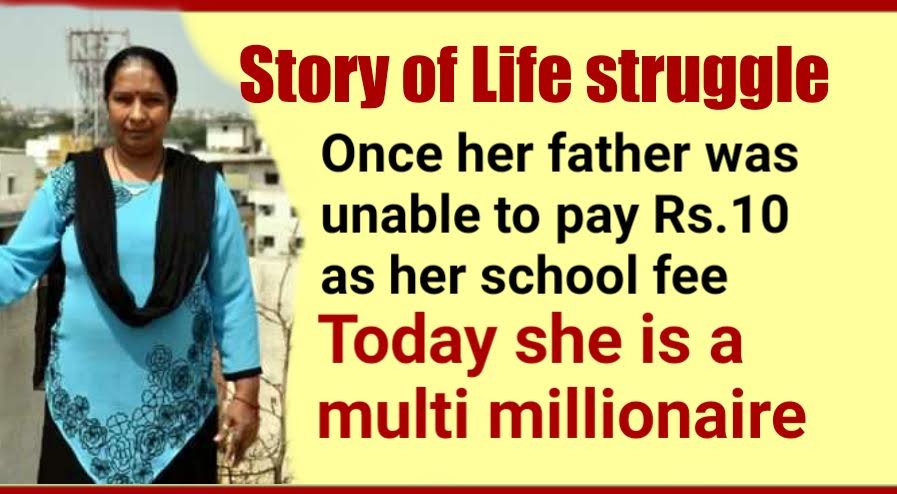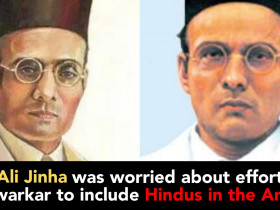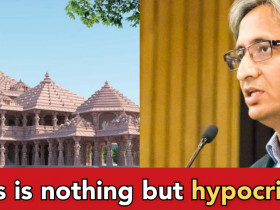In a significant development, Sri Lanka’s ruling party, Sri Lanka Podujana Peramuna (SLPP) has articulated its intention to impose a complete nation-wide ban on cow slaughter in Sri Lanka.
SLPP may soon bring anti-cow slaughter law in order to protect cows from being slaughtered. Prime Minister Mahendra Rajapaksa is said to have obtained the consent of the party’s parliamentary group on this issue and that the necessary steps will be taken to make this law.
However, beef will likely be imported from third countries for those who eat beef. Sri Lanka, with an estimated population of 22 million, is inhabited by people of many races and religions. Of these, 70.2% are Buddhists, 12.6% Hindus, Muslims (also known as Sri Lankan Moors) 9.7% and Roman Catholic Christians 6.1%. These include citizens who are descendants of Europeans living in Sri Lanka and married women here.
Sri Lankans are generally not vegetarians. However, Buddhists and Hindus who worship the cow for cultural and religious reasons demand a complete ban on the slaughter of cows. In contrast, beef is part of their main diet for Muslims and Christians (especially those of European descent).
The per capita availability of beef per year is the second-highest (1.8kg) though far behind that of chicken (7.9kg) but much ahead of pork ( 0.32kg) and mutton ( 0.1kg).
People demanded a complete ban on the slaughter of cows. According to the Animal Welfare Act 1958 (amended 1994), a cow or her calf under 12 cannot be slaughtered.
The reason for the latest proposal to completely ban the slaughter of cows:
In recent months, the Rajapaksa brothers have emerged as a strong political leader and have strengthen their political power. Gotabhaya Rajapaksa became president in November 2019. Recently, Mahindra Rajapaksa was re-elected Prime Minister of the country. His SLPP party won a big victory in the August 2020 elections. The SLPP won 145 out of 225 seats.
It is to be noted that the Rajapaksa brothers willingly announced their intention to ban the slaughter of cows to please the Sinhala Buddhists or the Hindu minority. The opinions of the less influential Muslim and Christian minorities do not make political sense either.
However, two months after coming to power, two valid reasons were there for banning cow slaughtering. First of all, Rajapaksa extended his gratitude to his SLPP party for the full and unreserved support of Buddhists through this announcement. This announcement was made in order to reassure them that their government demand (ban on beef) remains a priority.
What will happen next?
If this ban is imposed, it will create a rift between Sri Lankan Sinhala Buddhists and Muslims. Sri Lanka already has a history of ethnic conflict. All ethnic conflicts between Muslims and Buddhists took place in Sri Lanka.
Trust between the two communities weakened after serial bombs blasted in churches and hotels in Colombo in April 2019. Buddhists suspect that militant Islamic organizations must have been linked to these terrorists. Hundreds of people were killed in this serial explosion.












